Core Tenets of Anti-Racist Scholarship-Activism.
- Racism exists today in both traditional and modern forms
- Racism is an institutionalized, multilayered, multilevel system that distributes unequal power and resources between white people and people of color, as socially identified, and disproportionately benefits whites.
- All members of society are socialized to participate in the system of racism, albeit in varied social locations.
- All white people benefit from racism regardless of intentions.
- No-one chose to be socialized into racism so no-one is bad, but no-one is neutral.
- To not act against racism is to support racism.
- Racism must be continually identified, analyzed and challenged. No-one is ever done.
- The question is not Did racism take place? but rather How did racism manifest in that situation?
- The racial status quo is comfortable for most whites. Therefore, anything that maintains white comfort is suspect.
- The racially oppressed have a more intimate insight via experiential knowledge into the system of race than their racial oppressors. However, white professors will be seen as having more legitimacy, thus positionality must be intentionally engaged.
- Resistance is a predictable reaction to anti-racist education and must be explicitly and strategically addressed.
These are the core tenets developed by scholar-activists Heather Bruce, Robin DiAngelo, Gyda Swaney (Salish) and Amie Thurber at the National Race and Pedagogy Conference at Puget Sound University. In the accompanying film, they are announced as guidance for Evergreen State College’s equity plans 573 days before its infamous campus meltdown. Anyone with a religious background will notice that they read very much like a creed.
In fact, that’s exactly what they are. In that this list is composed of statements of unquestionable beliefs accompanied by sacred vows of action, this is creedal by definition. Taken together, these professions comprise a vast, overarching and cohesive system, which is meant to explain how society is structured, how knowledge is formed, and how people work, while providing a moral framework for revolutionizing society, in accordance with an idealized concept of justice. In short, these statements declare and reiterate a commitment to a particular mythology and a doctrine forwarded to service it.
This belief system worked its way into Evergreen State College and destroyed all that it once stood for. In the first installation of a two-part documentary embedded here, filmmaker Mike Nayna examines the ideological fervor that took root there with an aim to explaining how this could have happened at one of the most liberal higher education colleges in the world. He explores the applied postmodern conception of society, as we have called it, and seeks to comprehend and communicate how it and its accompanying moral imperative were able to take hold of a collegiate administration and overrule Evergreen’s commitment to academic freedom, open-ended experimental pedagogies and unparalleled professorial autonomy.
At the center of the Evergreen saga are two of its former tenured biology professors: Bret Weinstein and Heather Heying. These two—also married to one another—made the heroic mistake of seeing the problem unfolding in real time and attempting to address it. Nayna’s Evergreen documentary interviews Weinstein and Heying and interweaves their experiences with footage from within Evergreen, in order to show how an experimental liberal college in the Pacific Northwest could be overrun by this sort of impassioned preaching, bizarre rituals, group chanting and mob outrage. This serves as the backstory for what has made Evergreen most famous, the turmoil that followed Weinstein’s decision to take a stand against it as it crept onto the scene.
Nayna also sets out to clarify where these ideas originated. Among the progenitors of these ideas, Robin DiAngelo’s White Fragility (and the academic paper that preceded it by seven years) is a particularly influential text within the discourse analysis branch of critical race theory. Set alongside Peggy MacIntosh’s White Privilege and Barbara Applebaum’s White Complicity, it closes the door on any possibility of arguing against a critical conception of society, as outlined in the confessional creed above. These ideas form a web of theory that understands society as being constructed by a pervasive racial bias, which needs to be continuously uncovered and addressed.
Together, these three ideas shut out the possibility of engaging this theoretical web in good faith unless one agrees with it. MacIntosh’s conception of privilege contains the idea that it always seeks to maintain and justify itself. Applebaum’s notion of complicity insists that remaining silent or stepping away when confronted with what these theoretical priests call racism is to be complicit in racism. Similarly, according to DiAngelo, disagreement indicates a form of fragility:
“Socialized into a deeply internalized sense of superiority that we either are unaware of or can never admit to ourselves, we become highly fragile in conversations about race. We consider a challenge to our racial worldviews as a challenge to our very identities as good, moral people. Thus, we perceive any attempt to connect us to the system of racism as an unsettling and unfair moral offense. The smallest amount of racial stress is intolerable—the mere suggestion that being white has meaning often triggers a range of defensive responses. These include emotions such as anger, fear and guilt and behaviors such as argumentation, silence and withdrawal from the stress-inducing situation.”

If disagreeing, remaining silent and going away are all behaviors which indicate fragility, complicity and privilege, it becomes clear that the only way for a white person not to be fragile or complicit around the subject of racism is to remain present and positively affirm the creed being offered by the hucksters professing this theoretical faith. Far from a benign doctrine of equality and justice, this requires them to agree to the assertion that, by virtue of their inherently privileged identities, their racial worldviews are inherently racist and uphold a system of racism. This is precisely what Nayna shows to have begun to be instituted at Evergreen college. For those who know the story, it was this ideology posing as theory that led to the bizarre and frightening group behavior that came to a dangerous peak after Professor Weinstein objected to a day of racial segregation.
Are DiAngelo and other academics focused on these concepts of problematic whiteness correct about this? Is society in general and Evergreen College in particular dominated by systems of racism, which disadvantage people of color? Are white people who feel very sure they are not harboring deep-rooted racial assumptions they need to dig out of themselves and reflect about publicly (including on their self-evaluations to be further evaluated by university administrators) simply being obstructive due to a need to preserve their own sense of themselves as good, moral people? Do they support racism by failing to divine its presence in every interaction between white people and people of color and within themselves? Must their resistance be countered rigorously with insistence? With anger? With punishment? With violence? All of those responses appear in Nayna’s documentary, and far from being collegiate, these are profoundly fundamentalist attitudes, which have more in common with the behaviors of the infamous Westboro Baptist Church (which infamously protested military funerals as a way of standing against gay rights) than with a liberal higher education—or education at all, for that matter.
Already, many people who have seen this first half of Nayna’s fresh take on the Evergreen story have commented with feelings of bewilderment, alarm and even physical revulsion. The Maoist struggle sessions have been referred to repeatedly by people who would know how bad they were, but how much should we worry about this? Could the events at Evergreen College not simply be one case of collective ideological madness?

It is certainly one very clear example of a problem that we would argue is making itself felt much more widely in universities and activism and increasingly in employment and education. The very purpose of universities is to produce knowledge to be of use in various industries and institutions in society and this seems to be happening with this kind of scholarship into race. Meanwhile, it is entirely unclear that an intense focus on race decreases racism. While surveys show a rapid decrease in racist attitudes throughout white populations in the US over the last few decades, diversity training, which seeks to make people more aware of racial issues, actually seems to make them worse. Our concerns therefore start with the fact that this theoretical faith is deeply embedded in seemingly legitimate scholarship, contains within its own framework the impossibility of legitimate disagreement and is expanding beyond the problem of its systematic institutional incorporation in our institutions of higher education to wider society.
via Areo Magazine
For a deeper understanding of DiAngelo’s White Fragility, these two accessible breakdowns by Jonathan Church give a good grounding in its methodological problems and proselytizing nature.


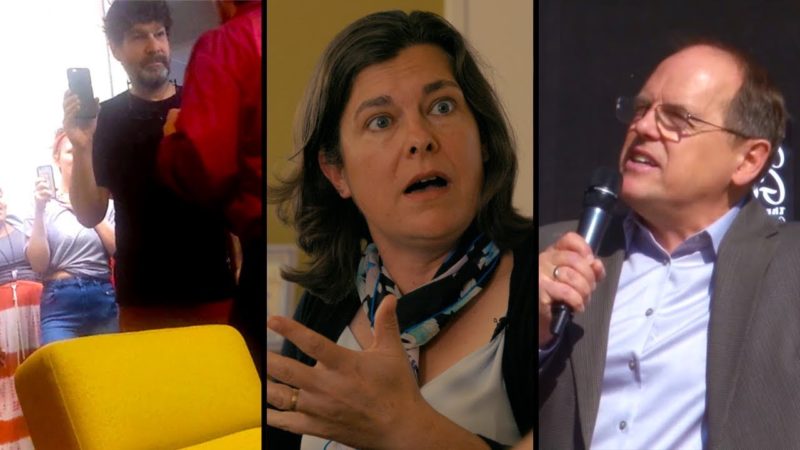
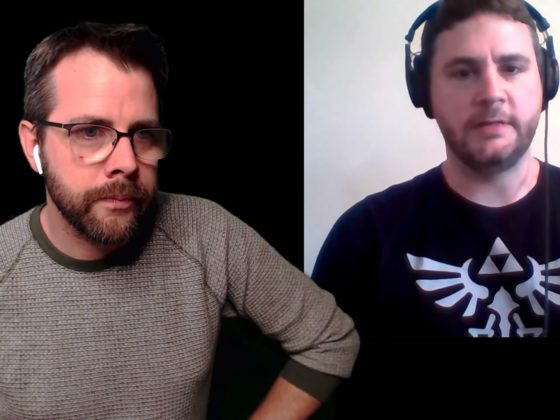


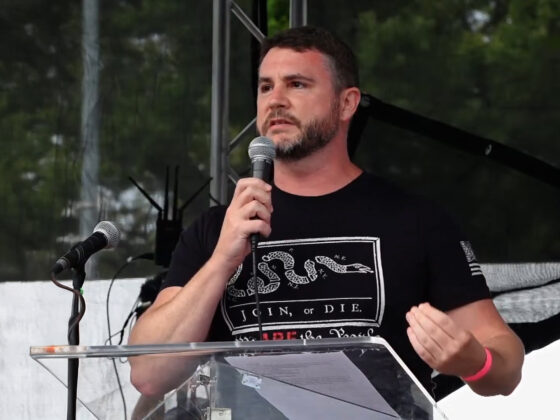
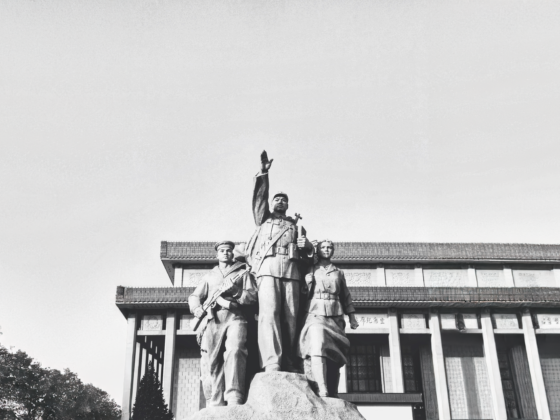
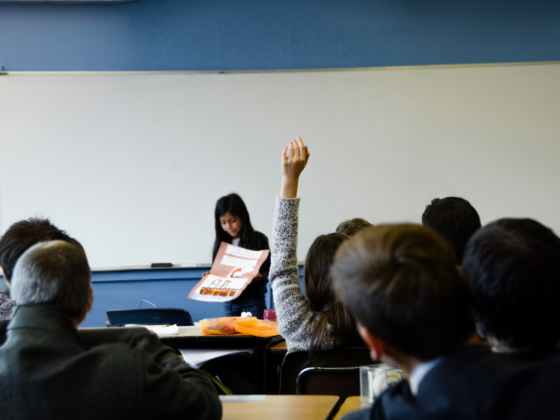
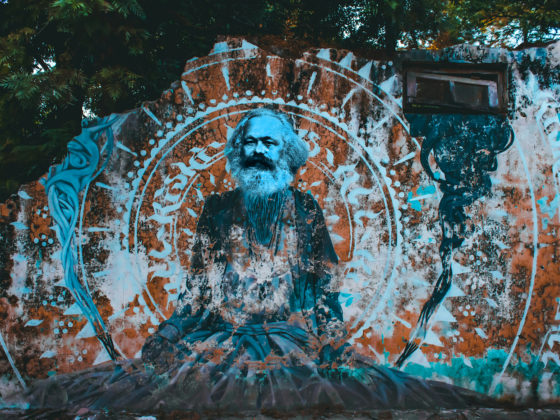
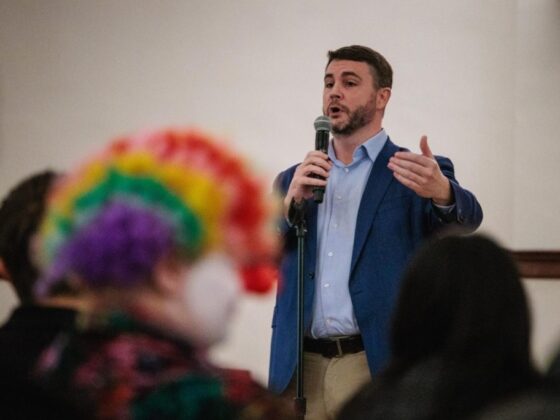


5 comments
To see how this all devolves into militancy and mob behavior is pretty obvious. So now I see the connection between, say, BLM rioting, and academics sitting around and discussing critical race theory. BLM is just putting this theory into practice. So those indoctrinated in the classrooms will take to the streets at the completion of their “education”, and become CRT’s soldiers. Any resisters will be labeled as bigots and racists.
This is not really something I am looking forward to, but at least now I can better discuss what is going on with my friends and prepare them for what may be our future. Thank you.
At around 15.00 mins. Some of the people are clapping; some seem to be ‘sitting on their hands’.
More seriously. I happened to pick up DiAngelo’s earli book, What Does It Mean To Be White, when it had been accidentally left on a train in England.
I read it. It was extraordinary. Yet I realised it was all about ‘original sin’, something I had been forced to deal with when I was at school in Northern Ireland sixty years earlier. IIRC each section was followed by an exercise. The section would explain something, and the exercise didn;t ask if one agreed with it. The exercise was structured in a way that meant one could only agree with the preceding section. Propaganda, not education. And the exercise was not dissimilar to repeating a creed, taken from a catechism. I wonder if China works like this in their Uighur reeducation camps.
Animal Farm?
DiAngelo purses her lips in a way that reminds me of Trump.